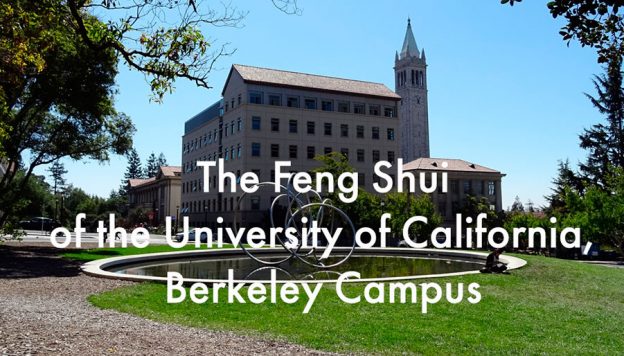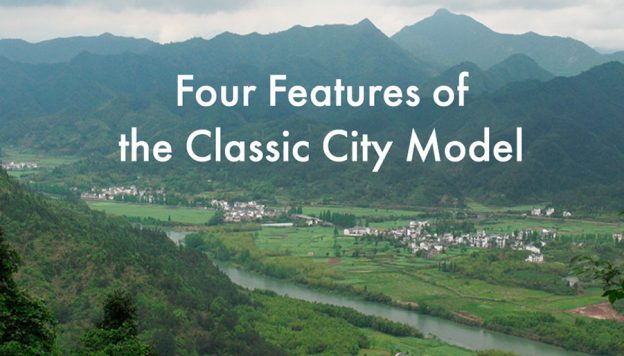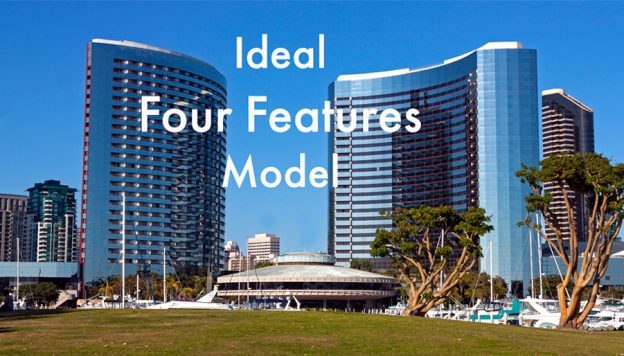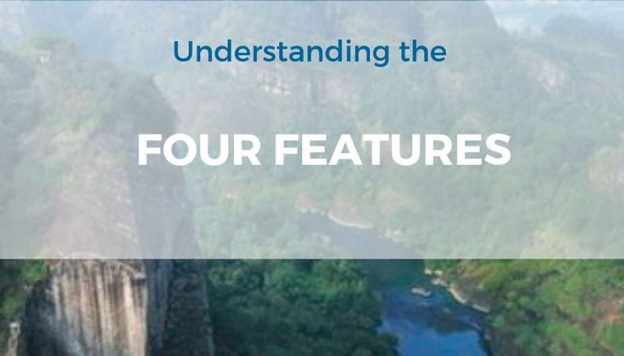The cubicle has become a standard feature of modern office design in the corporate workplace. Yet most people do not feel comfortable working in a “cube world.” It creates lots of stress, anxiety, and agitation, ultimately resulting in a negative impact on both creativity and productivity.
Continue reading










